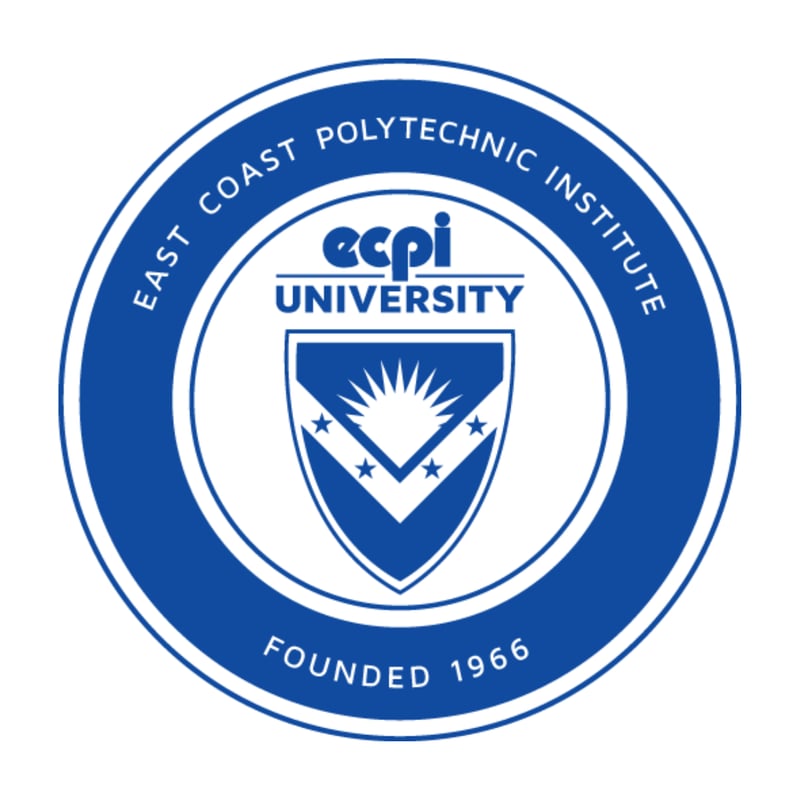
Financial aid (may be available)

No cost info

Financial aid (may be available)

Financial aid (may be available)

Financial aid (may be available)

Financial aid (may be available)

Financial aid (may be available)

No cost info

Financial aid (may be available)

Financial aid (may be available)

No cost info

Financial aid (may be available)

Financial aid (may be available)

Financial aid (may be available)
This certificate program provides a foundation in supply chain and logistics management from both a U.S. as well as global perspective, preparing participants for professional careers with manufacturers and distributors, transportation carriers, and logistics service providers.
No cost info
American Military University (AMU) offers a logistics management certificate at the graduate level. It provides in-depth study of logistics and supply chain management with consideration of global impacts.
AMU’s online logistics certificate emphasizes transportation factors related to logistics, especially the maritime industry. The curriculum covers topics such as:
Transportation policy and planning
Transportation management and economics
Port and terminal operations
This program is an appropriate choice for those who wish to increase their knowledge of logistics and supply chain management without committing to a full degree program.
No cost info
No cost info
The online Logistics and Supply Chain Management Certificate from CCU will help you gain a deeper understanding of the processes and fundamentals within supply chain and inventory management, including purchasing and inbound logistics; material handling in distribution centers; warehousing and warehouse management; financial and inventory controls; transportation and distribution; and reverse and global logistics.
No cost info

Financial aid (may be available)

$2,730 total

No cost info
No cost info
Learn about the components of supply chains including supply chain networks, supply chain facilities, transportation, and inventory management as well as how emerging technologies affect them with our Supply Chain Fundamentals Certificate. These courses are perfect for learners seeking to enter the supply chain profession, as well as those who are seeking to enter supervisory roles or enter a new domain within the supply chain.
No cost info

Financial aid (may be available)
Are you interested in a career in logistics? Do you want to find the best logistics classes in Chicago? Look no further! In this blog post, we will explore what logistics is, the training requirements for a career in logistics, what to look for in a logistics class, what to expect from the day-to-day class, the certification process, how to find a related job, and other classes you can take after becoming a logistics professional.

Logistics is the process of planning, implementing, and controlling the efficient flow and storage of goods, services, and information from point of origin to point of consumption. It plays a crucial role in supply chain management and is essential for businesses to operate smoothly. A career in logistics can be rewarding and offers a wide range of job opportunities in various industries.
Logistics involves the coordination of resources, such as transportation, inventory, and warehousing, to ensure the timely and cost-effective delivery of goods and services. It includes activities such as procurement, production planning, order fulfillment, transportation management, and customer service.
To pursue a career in logistics, you will need to have a high school diploma or equivalent. While a college degree is not always required, it can provide you with a competitive edge in the job market. There are also vocational training programs and certification courses available that can help you gain the necessary skills and knowledge for a successful career in logistics.
When searching for logistics classes in Chicago, there are a few key factors to consider:
Accreditation: Make sure that the training program or course you choose is accredited by a recognized organization. This ensures that the program meets certain quality standards and will provide you with the necessary skills and knowledge.
Curriculum: Look for a logistics class that covers a wide range of topics, including supply chain management, transportation, inventory control, and warehouse management. The curriculum should be comprehensive and up-to-date with the latest industry trends and best practices.
Hands-on Experience: It is important to choose a logistics class that provides hands-on experience. This can include simulations, case studies, and real-world projects that allow you to apply the concepts and skills you have learned in a practical setting.
Faculty: The instructors should have industry experience and expertise in logistics. They should be able to provide real-world examples and insights that will enhance your learning experience.
A logistics class will typically involve a combination of lectures, group discussions, and practical exercises. You will learn about various aspects of logistics, including supply chain management, transportation, inventory control, and warehouse management. You may also have the opportunity to visit logistics facilities and learn from industry professionals.
After completing a logistics class, you may have the option to pursue certification. Certification can demonstrate your competence and expertise in the field of logistics and can enhance your job prospects. There are several organizations that offer logistics certifications, such as the American Society of Transportation and Logistics (ASTL) and the Council of Supply Chain Management Professionals (CSCMP). The certification process typically involves passing an exam and meeting certain experience requirements.
Once you have completed your logistics training, you will be ready to start your career in the field. Here are some tips to help you find a job:
Networking: Reach out to professionals in the logistics industry through networking events, online forums, and social media platforms. Building connections can help you learn about job opportunities and get referrals.
Job Boards: Check online job boards and career websites for logistics job postings. Some popular job boards for logistics professionals include LinkedIn, Indeed, and Glassdoor.
Professional Associations: Joining professional associations, such as the Association for Supply Chain Management (ASCM) or the International Society of Logistics (SOLE), can provide you with access to job boards, networking opportunities, and professional development resources.
Once you have established a career in logistics, you may want to consider taking additional classes to expand your skill set and advance in your career. Here are some classes you may find beneficial:
Project Management: Project management skills are highly valued in the logistics industry. Taking a project management class can help you develop the skills needed to plan, execute, and control logistics projects.
Six Sigma: Six Sigma is a methodology that focuses on improving processes and reducing defects. Taking a Six Sigma class can help you become a more efficient and effective logistics professional.
Data Analytics: With the increasing use of technology in logistics, data analytics skills are in high demand. Taking a data analytics class can help you analyze and interpret data to make informed decisions and optimize logistics processes.
Finding the right logistics class in Chicago is an important step towards starting a successful career in logistics. By considering factors such as accreditation, curriculum, hands-on experience, and faculty expertise, you can choose a class that will provide you with the necessary skills and knowledge for a rewarding career. Remember to stay connected with industry professionals, explore certification options, and consider taking additional classes to advance in your career. Good luck on your journey to becoming a logistics professional!
Dreambound has written dozens of in-depth guides on how to get started in this field, with information specific to your city. If you're located somewhere else or thinking about moving, check out some other guides we've written:
Exploring diverse professional options? Dreambound has comprehensive guides to assist you in making well-informed decisions. Take a look at these resources:
Dreambound's platform allows prospective students to find the right educational program for them through searching, filtering, and connecting with our extensive selection of career & technical education partners.
Dreambound has over 70 programs across healthcare, technology, business, and industrial trades. This includes programs such as Medical Billing, Cybersecurity, and welding.
Some of our schools offer financial aid for those who qualify. Many others offer payment plans, where you can pay the cost of class over time.
Yes, Dreambound offers many online programs. On Dreambound's search, you can filter by online, in-person, and hybrid (part online, part in-person).
Dreambound is completely free for you to use! We are supported by schools and organizations who pay to advertise on our website, so we can offer all of our career resources for free.